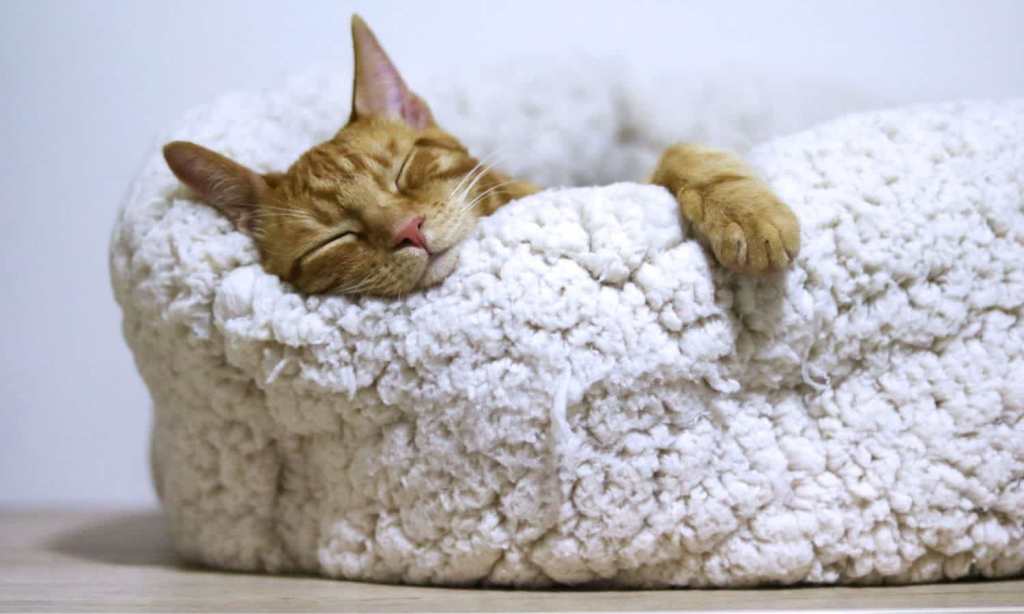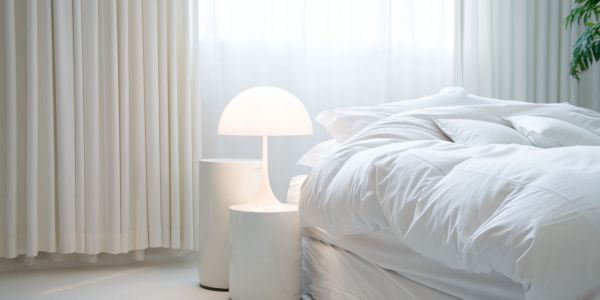Last year, thanks to COVID, we lost a lot of sleep. Turns out, we’re still trying to catch up on that missed sleep. We’ve been doing our best, with brown noise, TikTok sleep hacks and stretches to do before bed. However, according to Blackmores, we’re still being kept up at night — due to high stress levels.
In fact, Blackmores found that 65% of Aussies find stress negatively impacts their sleep. 23% have found it so severe that they have contacted a health professional. The good thing is, that even with these…not great statistics, we are attempting to put things right.
72% of Australians want to make a greater investment in their health this year. Two-thirds have already invested in products to try and get better sleep. More than half of us just close our eyes and hope for the best; 18% reach for a book, 17% of people watch Netflix. We’re not considering supplements for some reason though; even though we’re fine with doing so when it comes to supplements that help with depression, anxiety and stress.
Ayumi Uyeda, managing director of Blackmores Australia and New Zealand, said: “Most Australians don’t know there are natural ways to support your health journey. On top of simple lifestyle changes such as meditation and moving your body, there are also supplements that can help support sleep and stress concerns.”
If you’re looking to sleep better, Blackmores has kindly put together a list of 10 steps that are sure to lead to a better night’s sleep:
- Establish a regular, relaxing bedtime routine such as soaking in a hot bath and then reading a book or listening to soothing music.
- Use your bedroom only for sleep to strengthen the association between bed and sleep.
- Create a sleep-conducive environment that is dark, quiet, comfortable and cool.
- Maintain regular sleeping patterns, including on weekends.
- Finish eating at least 2-3 hours before your regular bedtime.
- If you’ve been lying awake in bed for a long time, get up and try doing something relaxing, like reading or watching television.
- Exercise regularly, aiming for at least 20-30 minutes of movement outdoors each day.
- Avoid or limit caffeine, alcohol and nicotine. Caffeine and nicotine can keep you awake, and alcohol can disturb sleeping patterns.
- Clear your mind so you’re not trying hard to fall asleep. Distract yourself by reading until you become drowsy
- Contact Blackmores Naturopathic Advisory Service on 1800-803-760 for personalised health advice on how to improve your nightly sleep routine.
Read more stories from The Latch and subscribe to our email newsletter.







